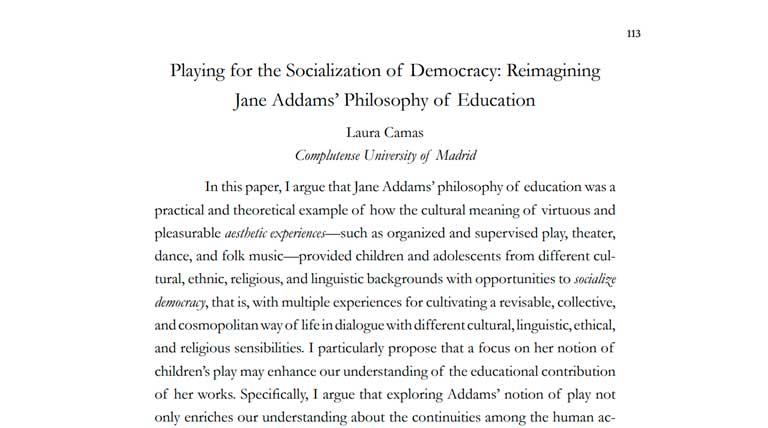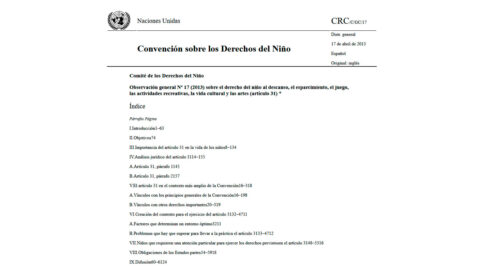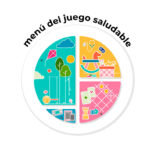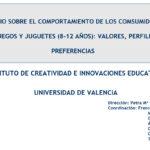In this paper, I argue that Jane Addams’ philosophy of education was a practical and theoretical example of how the cultural meaning of virtuous and pleasurable aesthetic experiences—such as organized and supervised play, theater, dance, and folk music—provided children and adolescents from different cul tural, ethnic, religious, and linguistic backgrounds with opportunities to socialize democracy, that is, with multiple experiences for cultivating a revisable, collective, and cosmopolitan way of life in dialogue with different cultural, linguistic, ethical, and religious sensibilities. I particularly propose that a focus on her notion of children’s play may enhance our understanding of the educational contribution of her works. Specifically, I argue that exploring Addams’ notion of play not only enriches our understanding about the continuities among the human ac tivities of play, art, and work but also can enlighten us with respect to how to cultivate a cosmopolitan citizenship in non-formal educational spaces such as the playground. Therefore, I argue that Addams deeply trusted in the aesthetic experience of play as one of the most powerful experiences that facilitates keeping democracy alive










